Media
Sanders campaign prods media outlets: 'What are they missing about Bernie's appeal?' – CNN
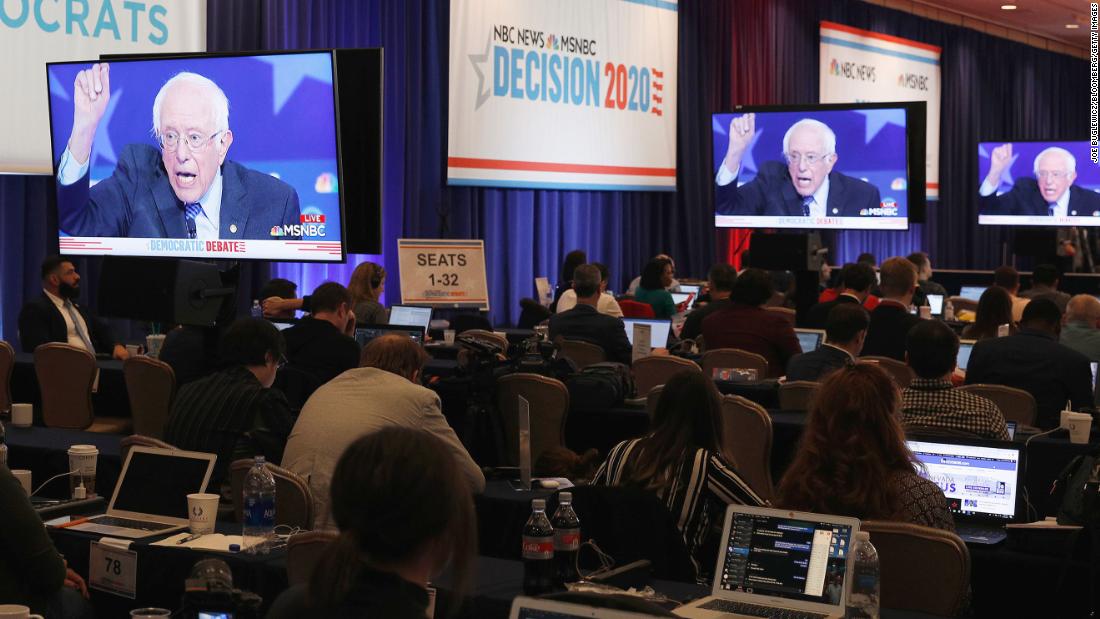

What Matthews said
What Giridharadas said
The view from Sanders HQ
FOR THE RECORD
Sanders cites CBS polls
The view from Jacobin
Media
Psychology group says infinite scrolling and other social media features are ‘particularly risky’ to youth mental health – NBC News


A top psychology group is urging technology companies and legislators to take greater steps to protect adolescents’ mental health, arguing that social media platforms are built for adults and are “not inherently suitable for youth.”
Social media features such as endless scrolling and push notifications are “particularly risky” to young people, whose developing brains are less able to disengage from addictive experiences and are more sensitive to distractions, the American Psychological Association wrote in a report released Tuesday.
But age restrictions on social media platforms alone don’t fully address the dangers, especially since many kids easily find workarounds to such limits. Instead, social media companies need to make fundamental design changes, the group said in its report.
“The platforms seem to be designed to keep kids engaged for as long as possible, to keep them on there. And kids are just not able to resist those impulses as effectively as adults,” APA chief science officer Mitch Prinstein said in a phone interview. He added that more than half of teens report at least one symptom of clinical dependency on social media.
“The fact that this is interfering with their in-person interactions, their time when they should be doing schoolwork, and — most importantly — their sleep has really important implications,” Prinstein said.
The report did not offer specific changes that social media companies can implement. Prinstein suggested one option could be to change the default experience of social media accounts for children, with functions such as endless scrolling or alerts shut off.
The report comes nearly a year after the APA issued a landmark health advisory on social media use in adolescence, which acknowledged that social media can be beneficial when it connects young people with peers who experience similar types of adversity offline. The advisory urged social media platforms to minimize adolescents’ online exposure to cyberbullying and cyberhate, among other recommendations.
But technology companies have made “few meaningful changes” since the advisory was released last May, the APA report said, and no federal policies have been adopted.
A spokesperson for Meta, the parent company of Facebook, Instagram and WhatsApp, disputed the assertion that there have not been changes instituted on its platforms recently. In the last year, Meta has begun showing teens a notification when they spend 20 minutes on Facebook and has added parental supervision tools that allow parents to schedule breaks from Facebook for their teens, according to a list of Meta resources for parents and teenagers. Meta also began hiding more results in Instagram’s search tool related to suicide, self-harm and eating disorders, and launched nighttime “nudges” that encourage teens to close the app when it’s late.
Prinstein said more is still needed.
“Although some platforms have experimented with modest changes, it is not enough to ensure children are safe,” he said.
TikTok and X, formerly known as Twitter, did not immediately respond to a request for comment.
Tuesday’s report comes amid broader concern over the effects of social media on young people. In March, Florida passed a law prohibiting children younger than 14 from having social media accounts and requiring parental consent for those ages 14 and 15. California lawmakers have introduced a bill to protect minors from social media addiction. Dozens of states have sued Meta for what they say are deceptive features that harm children’s and teens’ mental health.
And last month, a book was published by social psychologist Jonathan Haidt that argues that smartphones and social media have created a “phone-based childhood,” sending adolescents’ rates of anxiety, depression and self-harm skyrocketing.
The book, “The Anxious Generation: How the Great Rewiring of Childhood Is Causing an Epidemic of Mental Illness,” has been hotly debated. While it has its detractors, it instantly became a bestseller.
Prinstein said that it’s up to technology companies to protect their youngest users, but parents can also help. He recommended all devices in a family’s household go on top of the refrigerator at 9 p.m. each night to help kids — and parents — get the amount of sleep they need. He also said there is no harm in limiting or postponing a child’s use of social media.
“We have no data to suggest that kids suffer negative consequences if they delay social media use, or if their parents set it for half an hour a day, or an hour a day,” he said.
“If anything, kids tell us, anecdotally, that they like to be able to blame it on their parents and say, ‘Sorry, my parents won’t let me stay on for more than an hour, so I have to get off,’” he added. “It kind of gives them a relief.”
Media
More than mere media bias: How New York prosecutors see Trump's scheme with the National Enquirer – MSNBC
IE 11 is not supported. For an optimal experience visit our site on another browser.
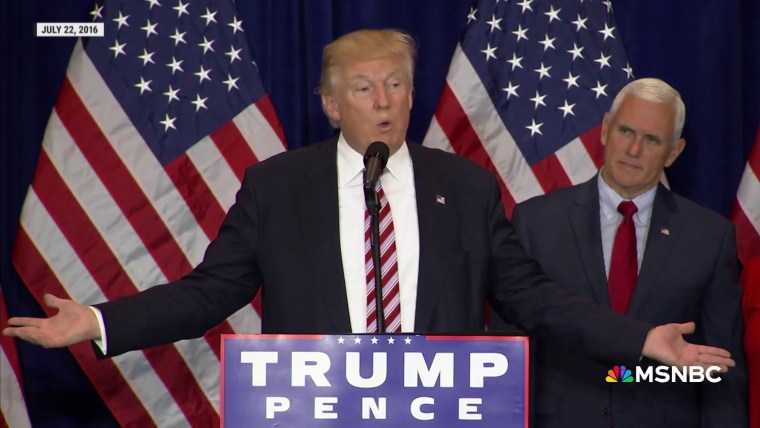

-
Now Playing



More than mere media bias: How New York prosecutors see Trump’s scheme with the National Enquirer
06:15
-
UP NEXT



The real DOJ corruption scandal at the heart of Trump’s criminal trial in New York
11:59
-



Bank with a checkered past and a deep history with Trump raises red flags
07:23
-


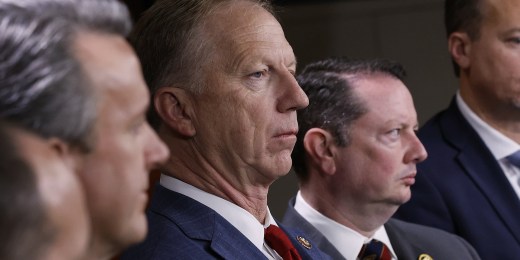
Why Republicans are hiding behind the politics of personality
04:23
-


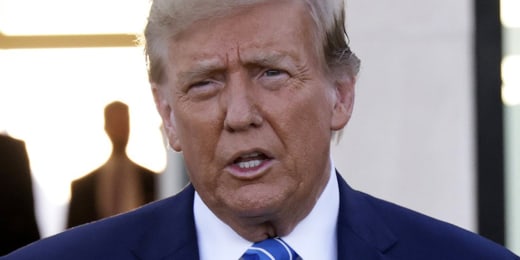
Media whiffs on the news in Trump’s abortion statement as Dobbs becomes weaponized on global scale
09:17
-


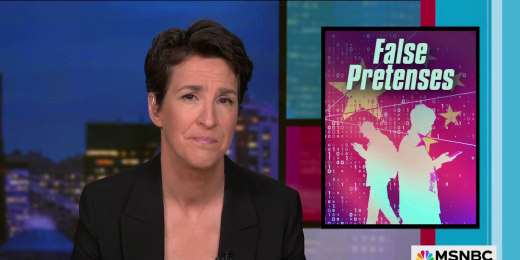
U.S. foes exploit Trump’s divisiveness with fake MAGA accounts; China adopts Russian tactics
10:58
-

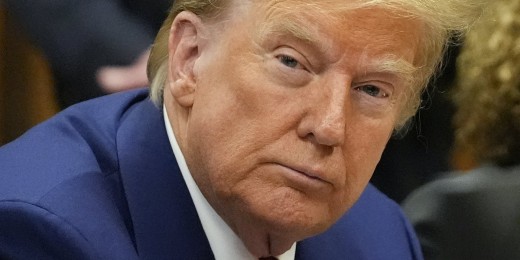
Judge has enough of Trump’s attacks on family members; extends gag order on ‘defendant’s vitriol’
04:59
-

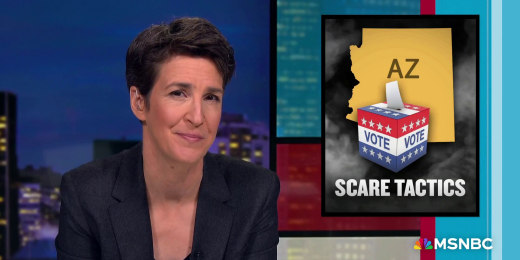
Combat training for election workers? Arizona braces for Trump-addled election deniers
07:59
-

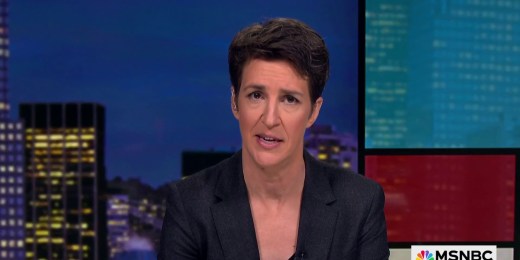
Maddow joins colleagues in objecting to McDaniel for legitimizing Trump, attacking democracy
11:59
-

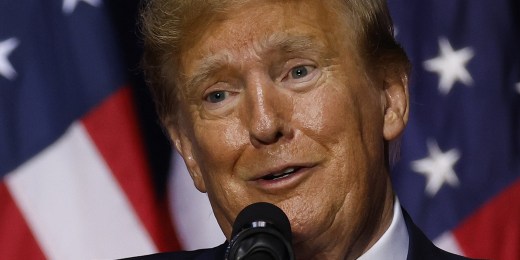
Panicking Trump coming up short for civil fraud penalty; no friends stepping up as deadline nears
07:18
-

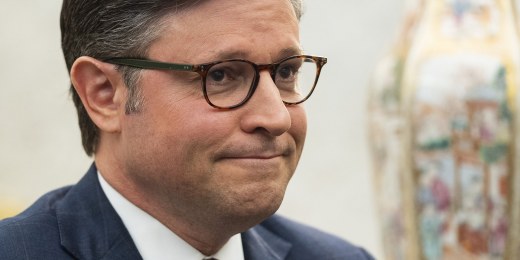
Putin flexes expansionist muscles as GOP stalling starves Ukraine of military aid
04:25
-

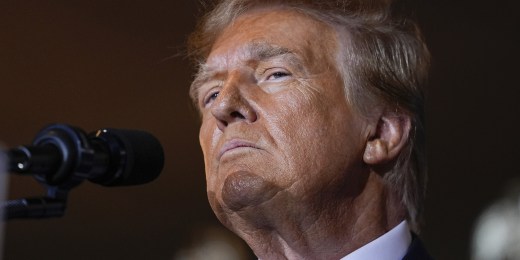
How pro-Trump election officials could make sure your vote doesn’t count
08:19
-

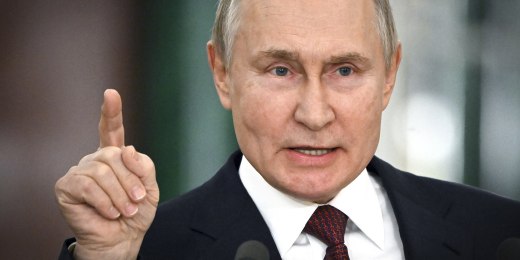
How Russia duped two Republicans with propaganda laundered through fake news sites
03:54
-

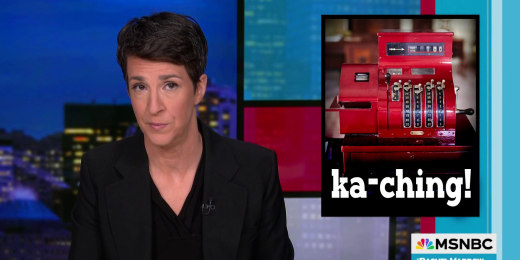
‘Massive national security risk’: Trump financial desperation makes access to U.S. secrets dangerous
04:22
-

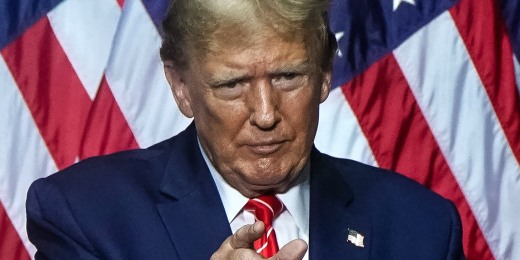
‘Everything’s for sale’: Trump’s TikTok flip-flop follows disturbing pattern
11:46
-

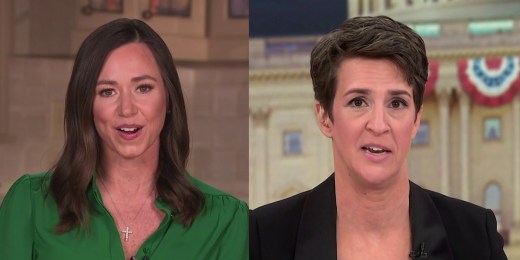
Maddow calls out glaring contradiction in Katie Britt’s GOP response
03:13
-

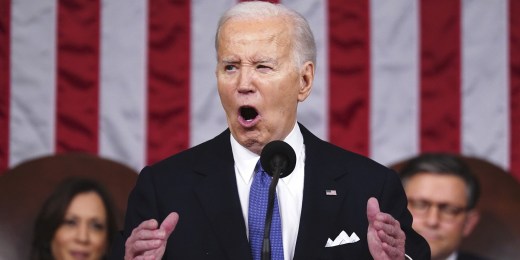
‘Incredibly aggressive’: Biden delivers energized State of the Union
10:39
-

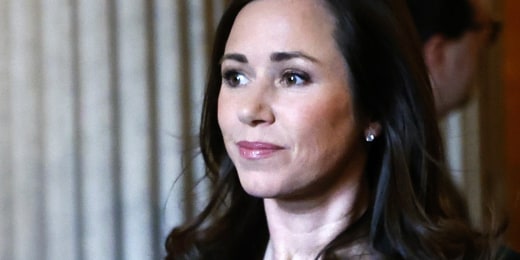
Who is Senator Katie Britt? GOP taps Alabama senator with reproductive rights in spotlight
10:43
-

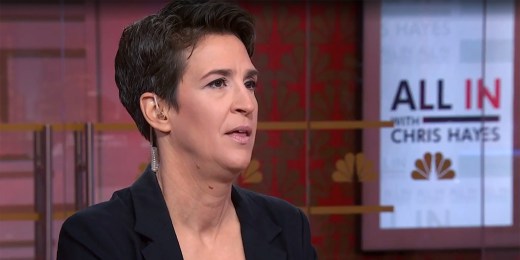
Maddow: This election is a choice ‘between having a democracy and not’
08:37
-

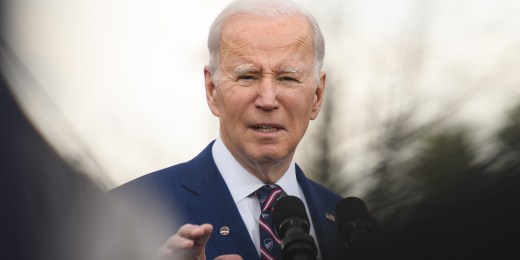
Democrats see opportunities for Biden to take back North Carolina in 2024
08:26
-
Now Playing



More than mere media bias: How New York prosecutors see Trump’s scheme with the National Enquirer
06:15
-
UP NEXT



The real DOJ corruption scandal at the heart of Trump’s criminal trial in New York
11:59
-



Bank with a checkered past and a deep history with Trump raises red flags
07:23
-



Why Republicans are hiding behind the politics of personality
04:23
-



Media whiffs on the news in Trump’s abortion statement as Dobbs becomes weaponized on global scale
09:17
-



U.S. foes exploit Trump’s divisiveness with fake MAGA accounts; China adopts Russian tactics
10:58
Media
The boomer pause: the sign that shows you should really get off social media – The Guardian
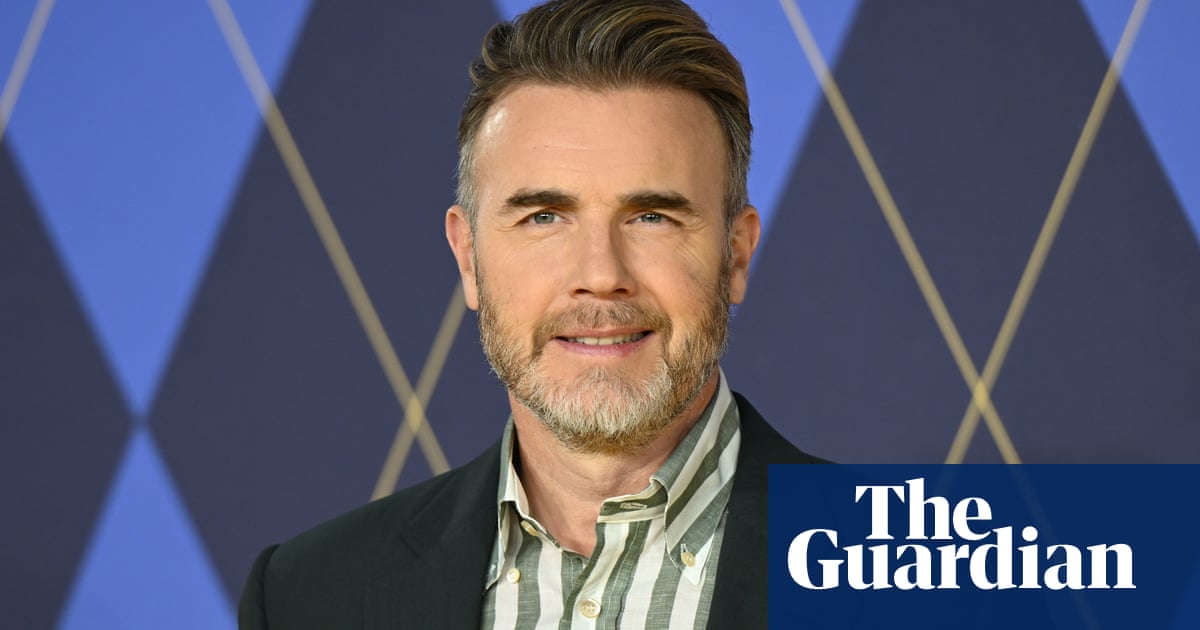

Name: The boomer pause.
Age: A split second.
Appearance: An uncomfortably long break.
Does it refer to an entitled pause between statements to show that you, a boomer, own the room? Not quite: it refers to that awkward moment of silence between hitting “record” and speaking that boomers leave when they film their social media posts.
I’m not sure I understand. It’s like the millennial pause, but longer.
Wait – the millennial pause? A term, coined in 2021, for the telltale split-second pause millennials leave before speaking, because they came of age before TikTok.
And the boomer pause is longer, because boomers are even older? Exactly. Like a long pause before and after speaking.
So it’s a pause indicating age-related technological ineptitude? It’s more than that.
With an added note of self-satisfied indifference about how you come across? That’s part of it, I guess.
And a studied refusal to get to grips with even the most basic and user-friendly editing features? It’s just being a boomer, really.
Would you happen to have a popular example of the phenomenon to hand? Yes: Gary Barlow.
From Take That? That’s the one. On the TikTok account of his wine range, Barlow recently filmed himself grinning in front of a vineyard.
Gary Barlow has a wine range? Keep up. The clip, which has since gone viral, may be transcribed thus: (IMMENSE PAUSE). Barlow: “This is my idea of a very nice day out.” (SECOND IMMENSE PAUSE). End of video.
A boomer pause? “I thought my phone had frozen” was one of the many comments below the post.
Maybe he’s inserting a deliberate pause to … To what?
… to capture your attention. TikTok doesn’t work like that, grandad.
Anyway, I hate to break it to you, but Gary Barlow isn’t a boomer. Are you kidding? He has his own wine range, and homes worth millions in London, Oxfordshire and Santa Monica.
Barlow was born in 1971. The generally acknowledged boomer cutoff is 1964. He is technically Gen X. The boomer pause is down to the length of the gap, not the age of the pauser.
So Kylie Jenner could leave a boomer pause? She could, but she wouldn’t.
Do say: (After counting to five slowly in your head) “Hi, everybody!”
Don’t say: “I am pushing the button! It just keeps flashing this … oops, I think we’re on. Hi, everybody!”
-
Media21 hours ago
DJT Stock Plunges After Trump Media Files to Issue Shares
-
Business20 hours ago
FFAW, ASP Pleased With Resumption of Crab Fishery – VOCM
-
Media20 hours ago
Marjorie Taylor Greene won’t say what happened to her Trump Media stock
-
Business21 hours ago
Javier Blas 10 Things Oil Traders Need to Know About Iran's Attack on Israel – OilPrice.com
-



 Politics21 hours ago
Politics21 hours agoIn cutting out politics, A24 movie 'Civil War' fails viewers – Los Angeles Times
-
Art22 hours ago
It’s Time to Remove Father Rupnik’s Art – National Catholic Register
-
Business19 hours ago
Tesla May Be Headed For Massive Layoffs As Woes Mount: Reports – InsideEVs
-
Media19 hours ago
Trump Media stock slides again to bring it nearly 60% below its peak as euphoria fades – National Post





